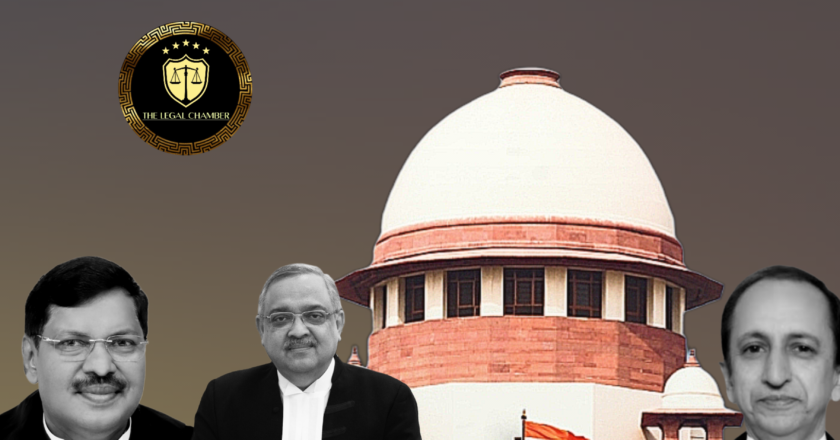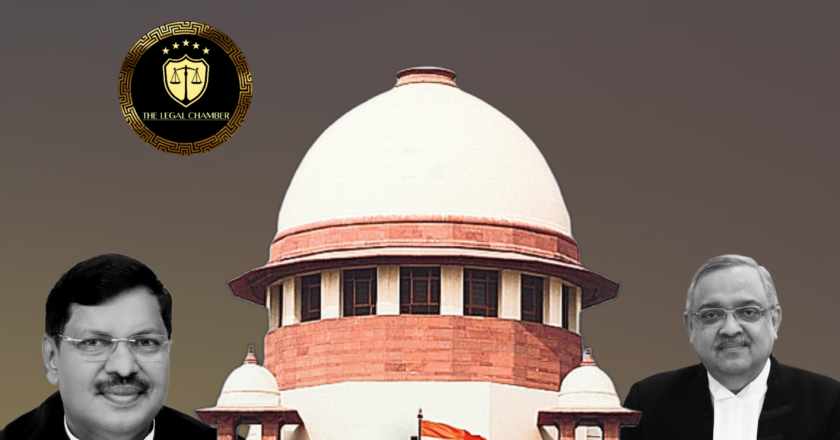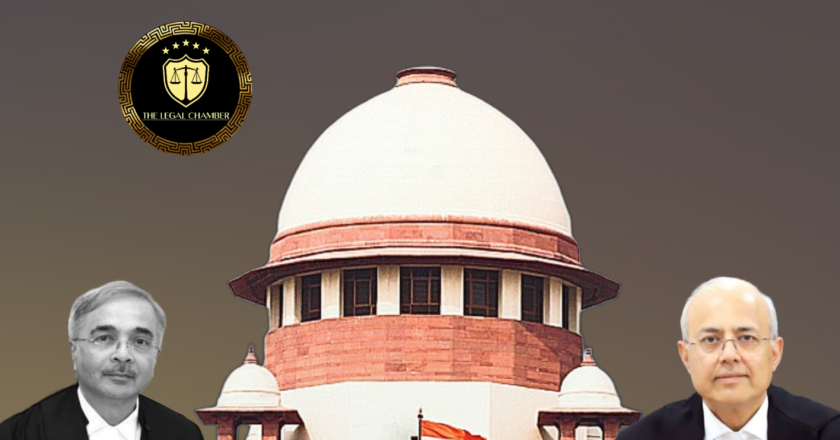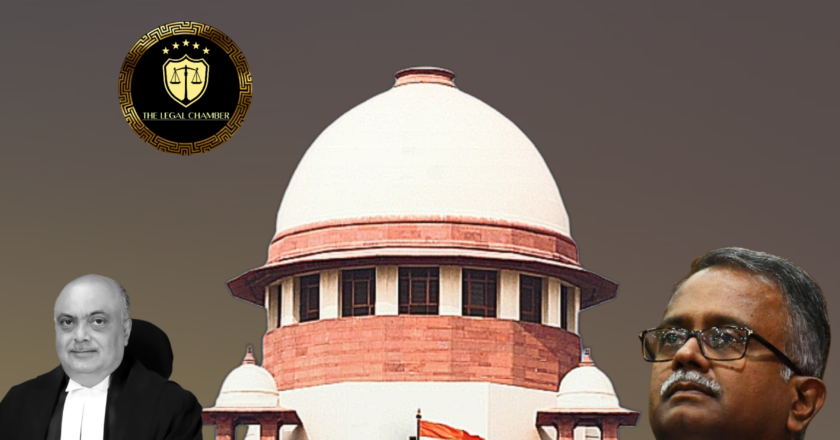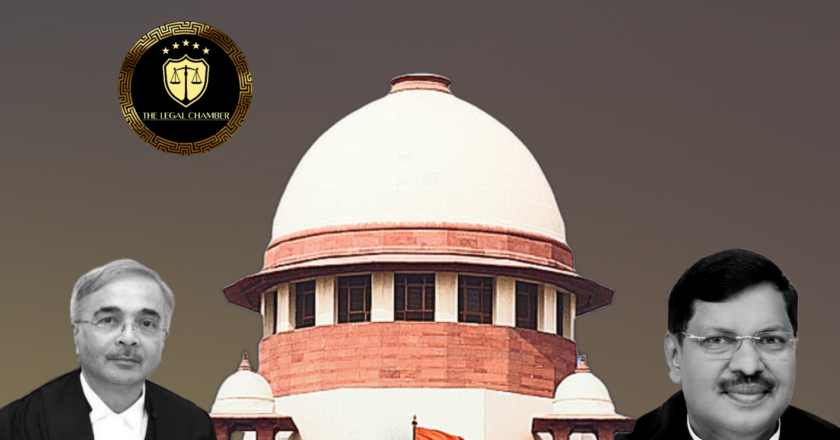Supreme Court Quashes FIR Against In-Laws, Says Vague Allegations in 498A Case Are Not Enough
The Supreme Court quashed the FIR under Section 498-A, 377, and 506 read with Section 34 IPC against the in-laws. It held that general and vague allegations, without specific details of cruelty or unlawful demands, do not constitute a prima facie case. The Court reiterated that proceedings without such foundational ingredients amount to an abuse of the process of law.
Facts Of The Case:
The appellants, who were the father-in-law, mother-in-law, and sister-in-law of the complainant, sought the quashing of an FIR registered against them. The FIR alleged offences under Sections 498-A (cruelty), 377 (unnatural sex), and 506 (criminal intimidation) read with Section 34 (common intention) of the Indian Penal Code. The marriage between the complainant and the appellants' son/brother took place ...
